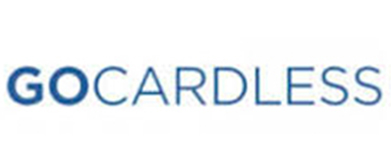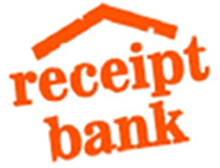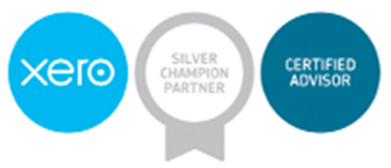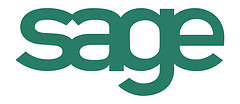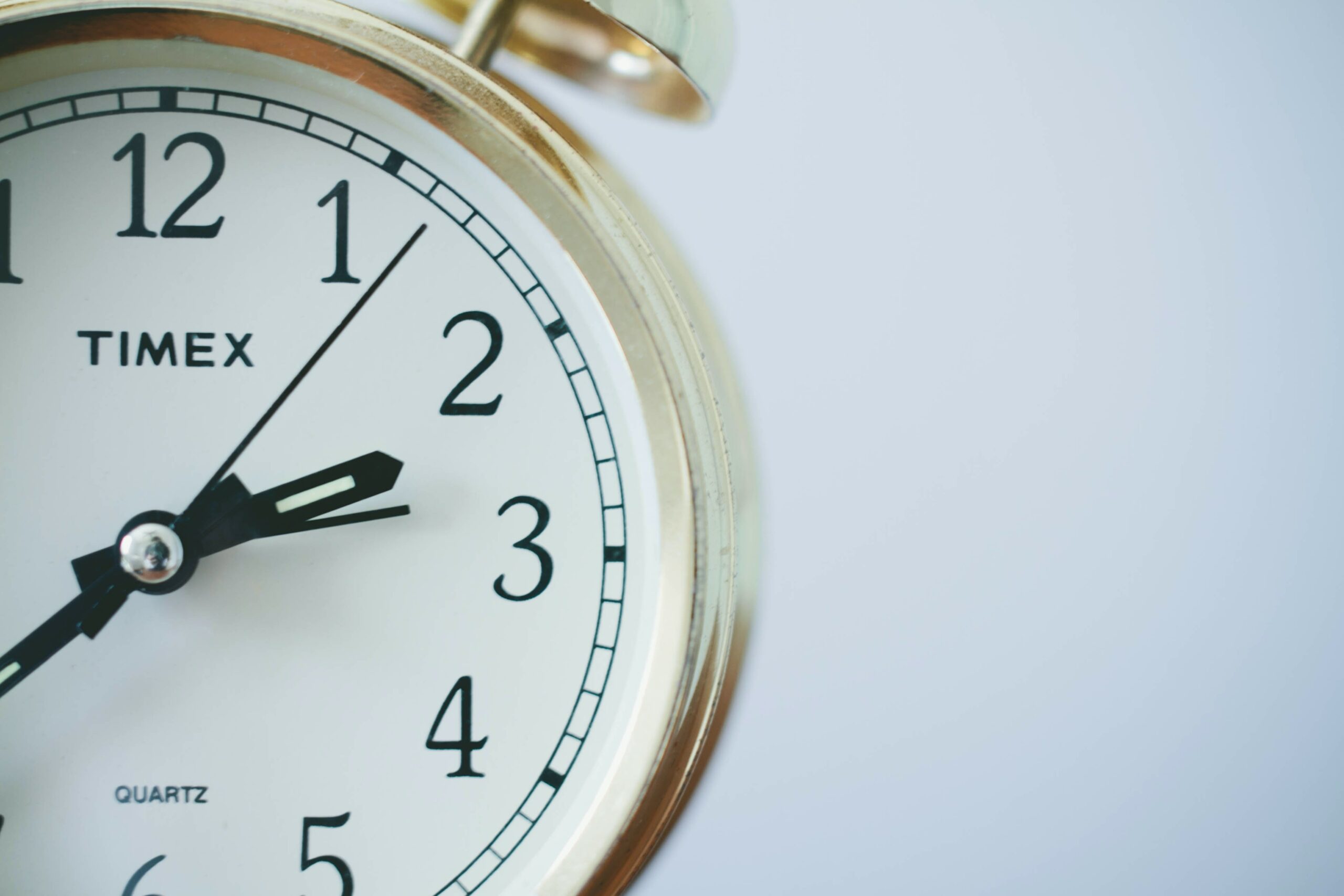
The UK tax system operates on a “Pay As You Earn” (PAYE) basis, where income tax and National Insurance contributions are automatically deducted from wages and pensions. This means that a significant portion of the population doesn’t need to actively engage with the tax authorities beyond receiving their payslips.
However, for others, the responsibility of ensuring their tax obligations are met falls upon their shoulders through the Self-Assessment system. Whether you are self-employed as a sole trader and earned more than £1000 or you are a partner in a business, you must file a tax return to HMRC.
A self-assessment form is a different type of tax, which is designed to allow individuals to submit payments for tax based on the income they have earned. It is different to the PAYE tax system, where an employer will submit PAYE tax to HMRC and manage your tax for you.
We believe in working with our clients to make accountancy services easy. Get year-end accounts, CT600 corporation tax, payroll, bookkeeping and management accounts made easy.
Get A Free Quote
We believe in working with our clients to make accountancy services easy. Get year-end accounts, CT600 corporation tax, payroll, bookkeeping and management accounts made easy.
This comprehensive guide will walk you through the key scenarios that necessitate filing a Self-Assessment tax return for the 2025-2026 tax year, (runs 6th April 2025 to 5th April 2026.) helping you determine your responsibilities and stay compliant with HMRC regulations.
What is a self-assessment form?
Allowing individuals to submit payments for tax on income earned that they are yet to make contributions for, a self-assessment form is used to calculate how much tax you owe from the earnings you declare on the form.
Who Is liable to file a Self-Assessment Return?
Anyone that is self-employed is liable to complete a self-assessment return, including directors, freelances, contractors and any other type of sole trader. Ultimately, if you earn money through your own business, you are liable to pay tax on your earnings.
However, it’s not just self-employed workers that are liable to submit a self-assessment form as the following individuals that meet the following criteria may also be required to submit a tax return:
- Income from property
- Sale of Assets
- Unregistered tips and commission
- Income from savings
- Investment income
- Dividends from businesses
- Overseas income
- Regular income from additional sales
What happens if you fail to submit a tax return?
It’s important that all self-assessments are submitted on time and are as accurate as possible. Failure to submit a tax return can result in a number of serious consequences.
For example, if you are not registered to HMRC as a self-employed worker but are earning income, this is considered as fraud and can result in significant fines and even jail in some cases. The ramifications depend on the severity of the case.
How to Determine Your Obligation:
If you’re unsure whether you need to file a self-Assessment tax return, HMRC provides a helpful online tool on their website that can guide you through a series of questions to determine your obligation.
Key Dates and Deadlines for the 2025-2026 Tax Year:
Staying aware of the crucial deadlines for Self-Assessment is essential to avoid penalties. Here are the key dates for the 2025-2026 tax year (6 April 2025 to 5 April 2026):
- 5th October 2026:Deadline to register for Self-Assessment for the first time if you need to file a return for the 2025-2026 tax year and haven’t previously registered.
- 31st October 2026:Deadline for submitting a paper Self-Assessment tax return for the 2025-2026 tax year.
- 30th December 2026:Deadline for submitting your online Self-Assessment tax return if you want HMRC to automatically collect any tax owed from your wages or pension through your tax code (you must also meet certain eligibility criteria).
- 31st January 2027:Deadline for submitting your online Self-Assessment tax return for the 2025-2026 tax year and paying any tax owed, as well as your first payment on account if applicable for the 2026-2027 tax year.
- 31st July 2027:Deadline for your second payment on account for the 2026-2027 tax year, if applicable.
Remember that these dates are for the standard Self-Assessment process. Different deadlines may apply in specific circumstances, such as for trustees of registered pension schemes or non-resident companies filing on paper. Always refer to the official HMRC guidance for the most up-to-date and accurate information.
Penalties for Non-Compliance:
Failing to file a Self-Assessment tax return by the relevant deadline can result in significant penalties from HMRC. These penalties can include:
- An initial fixed penalty of £100 for missing the deadline, even if you have no tax to pay.
- Additional daily penalties of £10 per day after three months, up to a maximum of £900.
- Further penalties of 5% of the tax due after six and twelve months.
Additionally, interest will be charged on any late payments of tax.
Determining whether you need to file a Self-Assessment tax return for the 2025-2026 tax year comes down to whether you have received income that hasn’t been taxed at source and whether you meet any of the specific criteria outlined by HMRC.
Staying informed about these rules and deadlines is crucial for ensuring tax compliance and avoiding potential penalties. If you’re unsure about your obligations, utilising HMRC’s online tool or seeking advice from a tax professional is always a wise step. Remember, taking proactive steps to understand your tax responsibilities will ultimately save you time, stress, and potential financial repercussions.
Why choose React Accountancy?
Here at React Accountancy, we provide trusted accountancy services to start-up, established and multi-national businesses across a diverse range of industries.
From the moment you get in touch, our approachable, friendly and professional team will go above and beyond to ensure that you receive the right advice, support and accountancy solutions for your business.
All of our team has years of experience in providing accountancy services that support your business including complex financial issues.
Get in touch today for further information about any of our services.
You can reach us on 01914324110 or contact us via email using info@reactaccountancy.co.uk
Get A Free Quote
We believe in working with our clients to make accountancy services easy. Get year-end accounts, CT600 corporation tax, payroll, bookkeeping and management accounts made easy.

